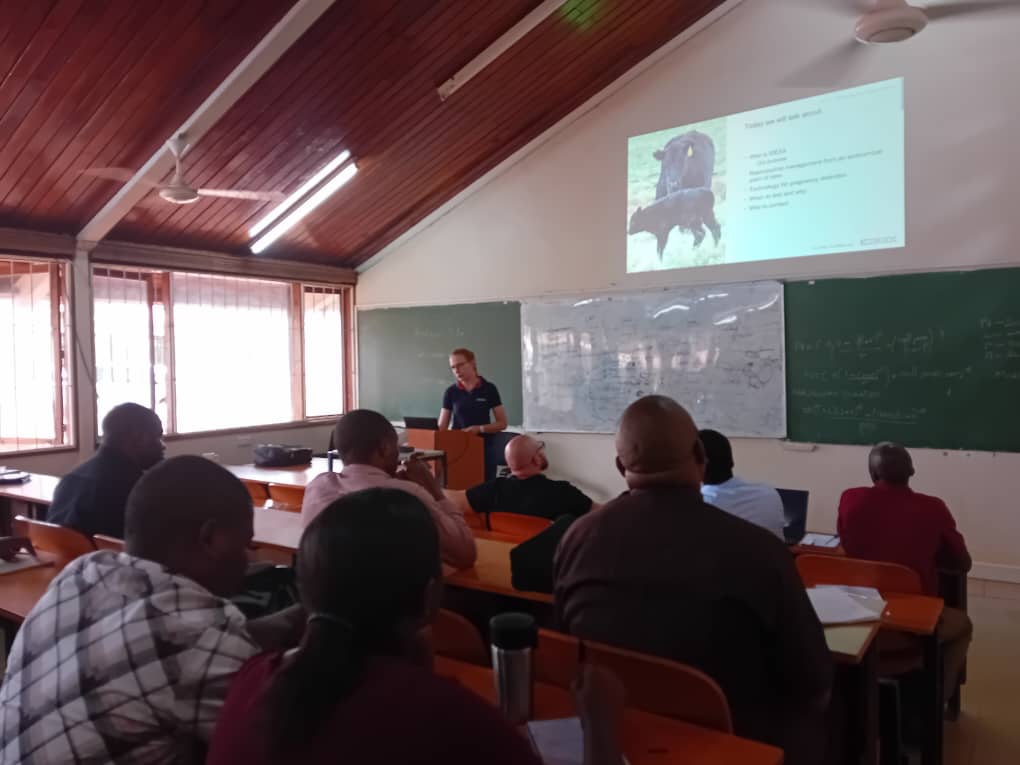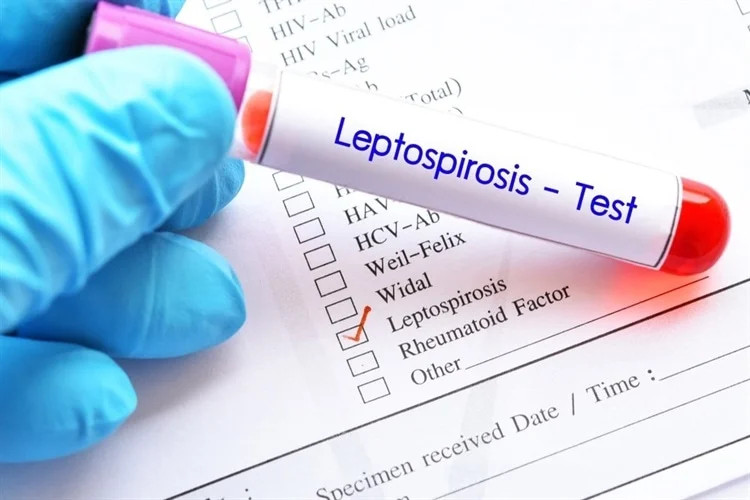 Blood samples are typically collected from the tail or the jugular vein using a sterile needle or vacuum collection tube. Proper handling and labeling of samples are crucial to avoid contamination and ensure accurate results.
Blood samples are typically collected from the tail or the jugular vein using a sterile needle or vacuum collection tube. Proper handling and labeling of samples are crucial to avoid contamination and ensure accurate results.
Testing procedures and other important information can be accessed by CLICK HERE or through this active link https://www.pregnancy-on-farm.com/
Early Detection allows for pregnancy detection as early as 28 days post-breeding. High sensitivity and specificity reduce the chances of false positives and negatives. The test is easy and has simple procedures making it suitable for use in various farm settings. The test provides quick results in about 20 minutes, enabling timely decision-making for herd management. Early and accurate pregnancy detection helps in making informed decisions about breeding programs, nutrition, and overall herd management. Identifying open cows early allows for timely re-breeding, improving reproductive efficiency and productivity. The IDEXX Alertys Onfarm Pregnancy Test is a reliable and efficient tool for early pregnancy detection in cattle, contributing to better herd management and reproductive success.
Climate change poses a significant challenge to global agriculture, particularly in livestock production. Enhancing genetic traits in livestock through genetic improvement is a promising strategy to address these challenges, making livestock production more sustainable and climate-resilient.
Genetic improvement involves selecting and breeding livestock with desirable traits such as higher productivity, disease resistance, and better adaptability to environmental stresses. This process enhances the overall efficiency and sustainability of livestock production. However, by increasing productivity by selecting economic traits such as higher milk yield or faster growth rates, farmers can achieve greater productivity from their herds, which translates to higher income and food security.
Animals that are genetically predisposed to withstand extreme weather conditions, such as heat or drought, are more resilient in the face of climate change. This adaptability ensures consistent productivity despite changing climatic conditions. On the other hand breeding animals that are resistant to local diseases reduces the need for medical interventions, lowering costs and minimizing the environmental impact of pharmaceuticals.
Climate-smart livestock production involves practices that mitigate the impacts of climate change while enhancing the sustainability and productivity of livestock farming. Genetic improvement is a critical component of this approach, as it helps build resilient livestock populations.
URUS Group LP, a global leader in animal genetics and farm management, plays a pivotal role in promoting genetic improvement. Under the leadership of Edson Mfuru, the Country Manager for Tanzania based in Arusha, URUS Group LP is actively working to introduce advanced genetic technologies and best practices in the region.
URUS provides farmers with knowledge and skills in genetic improvement techniques through workshops, training sessions, and extension services. Through collaborating with local agricultural institutions, government agencies, and international organizations to support research and development in livestock genetics. URUS ensures farmers have access to superior genetic materials, such as semen from genetically superior bulls, and provides support for artificial insemination programs.
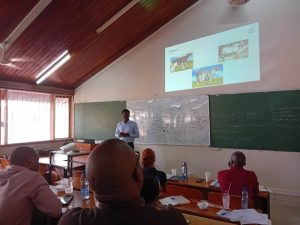
Later after the lectures, the students from Animal Science and veterinary medicine, together with the staff from Sokoine University of Agriculture and Morogoro Municipality had the opportunity to perform a Rapid Visual Pregnancy Test, designed to detect the early presence of pregnancy-associated glycoproteins (PAGs) in bovine blood samples at SUA Model Training Farm (Magadu Unit).
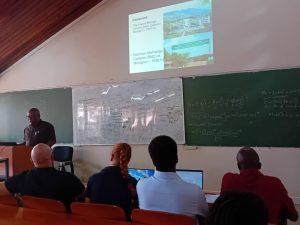
Prof. Anthony Sangeda the Head of Department and Deputy Principal College of Agriculture, gave an introduction speech about the University, the College of Agriculture, and the Department of Animal, Aquaculture, and, Range Sciences.

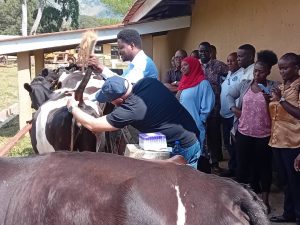
Paul Roe from IDEXX Laboratories (pty) Ltd demonstrates how to drain blood from the tail and perform the IDEXX Alertys Onfarm Pregnancy Test
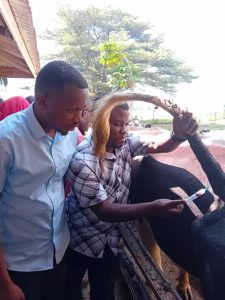
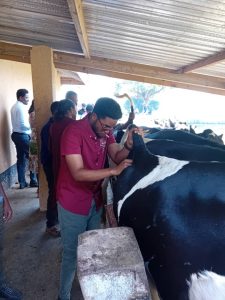
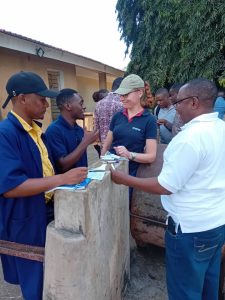
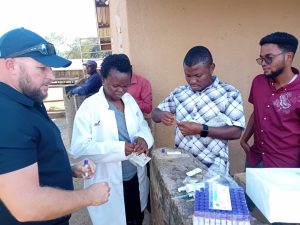
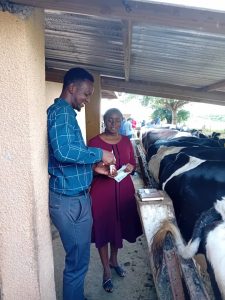


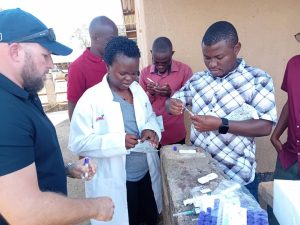
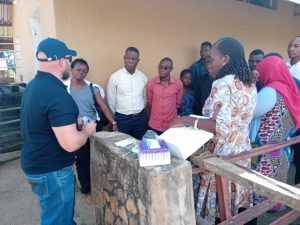

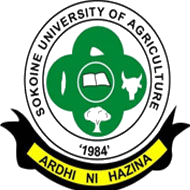
The Department of Animal, Aquaculture, and Range Sciences
The College of Agriculture, Sokoine University of Agriculture
Share this page

